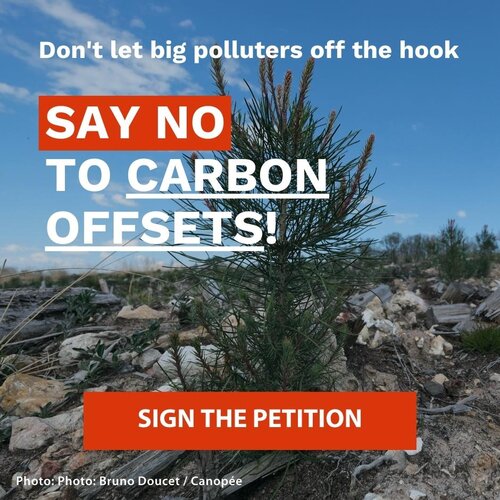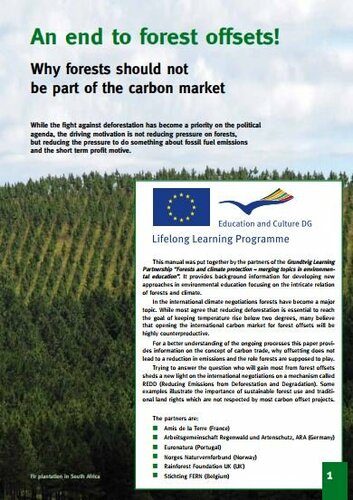
Carbon dioxide emissions from fossil fuels stay in the atmosphere for hundreds of thousands of years, and intensify the present climate emergency. In contrast, emissions removed by forests are only stored for decades. In many cases, as one scandal after another has revealed, emissions are not removed at all. At the heart of these schemes is the promise that vast amounts of carbon dioxide will be drawn from the atmosphere in the future – ignoring the variables and uncertainties that await us.
One investigation found that 90 per cent of the rainforest protection schemes approved by Verra, the world’s largest carbon offsets standards agency, were “worthless” from a climate perspective. The researchers found evidence that deforestation had been reduced only in a minority of the company’s rainforest projects.
What’s more, such schemes often threaten the rights and livelihoods of Indigenous and other local communities living in the project areas.









